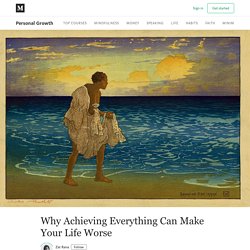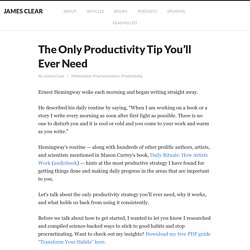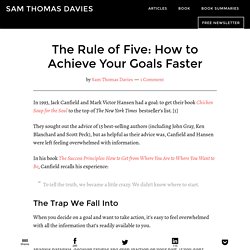

Méthodes pour gagner en efficacité. Lettre à toi qui pense baisser les bras. Inscrivez-vous maintenant et recevez un guide gratuit sur les besoins humains Vos informations sont enregistrées dans un fichier informatisé conformément à notre Politique de confidentialité.

Si tu envisages de baisser les bras face aux difficultés que tu rencontres en ce moment dans ta vie ou dans la réalisation de tes projets, alors lis cette lettre. J’ai bien entendu derrière les mots que nous échangions récemment que ton chemin de vie semble devenir de plus en plus chaotique. Tu fais pourtant beaucoup d’effort pour aller de l’avant et surmonter les petites et grandes épreuves qui s’interposent entre toi et le cap que tu t’es fixé au départ. Entendons-nous bien. Nous avions déjà parlé du changement lors de nos précédents entretiens. Pour les changements que tu mets en place dans ta vie, c’est un peu pareil. Ce que je veux te dire par là, c’est que la période difficile que tu vis aujourd’hui se terminera forcément à un moment donné. Rien n’est permanent, sauf le changement Et donc. Why Achieving Everything Can Make Your Life Worse. A lot of the things we want in life stem from our need for stability.

Most young people make critical decisions about their future lives and careers based on factors that they assume will give them some sense of predictability. Similarly, many adults strive for financial freedom, so they don’t have to think about money as something that deters them from fully controlling their lives. We dream about the white picket fence, a secure job, and a nice car or two in the garage so that we can be sure that we have some sort of foundation on which to build our lives. We need security, and we crave order, and we make a quiet presumption that our achievements will get us there. It makes sense, too. There are many people that don’t have any sort of stability in their lives — people that are poor or people without strong career prospects, for example — that we can look to who reassure us that these things are worth having. The Only Productivity Tip You'll Ever Need.
Ernest Hemingway woke each morning and began writing straight away.

He described his daily routine by saying, “When I am working on a book or a story I write every morning as soon after first light as possible. There is no one to disturb you and it is cool or cold and you come to your work and warm as you write.” Hemingway's routine — along with hundreds of other prolific authors, artists, and scientists mentioned in Mason Currey's book, Daily Rituals: How Artists Work (audiobook) — hints at the most productive strategy I have found for getting things done and making daily progress in the areas that are important to you.
Let's talk about the only productivity strategy you'll ever need, why it works, and what holds us back from using it consistently. Before we talk about how to get started, I wanted to let you know I researched and compiled science-backed ways to stick to good habits and stop procrastinating. Productivity, Simplified No need to draw this out. Sounds simple. The Rule of Five: How to Achieve Your Goals Faster. In 1993, Jack Canfield and Mark Victor Hansen had a goal: to get their book Chicken Soup for the Soul to the top of The New York Times bestseller’s list. [1] They sought out the advice of 15 best-selling authors (including John Gray, Ken Blanchard and Scott Peck), but as helpful as their advice was, Canfield and Hansen were left feeling overwhelmed with information.

In his book The Success Principles: How to Get from Where You Are to Where You Want to Be, Canfield recalls his experience: To tell the truth, we became a little crazy. We didn’t know where to start. The Trap We Fall Into When you decide on a goal and want to take action, it’s easy to feel overwhelmed with all the information that’s readily available to you. The problem is, if you can’t decide which information to choose, it can cause analysis paralysis, decision fatigue and even inaction on your part.
However, what if you applied everything you learnt by taking five actions every day to ascertain what works for you? How To Be Efficient: Dan Ariely's 6 New Secrets To Managing Your Time. It’s hard to be efficient.

Sometimes it feels like the world doesn’t make any sense. Sometimes you don’t make any sense. And sometimes it feels like it’s all a conspiracy. As we’ll see shortly, these are all, in a way, true. Dan Ariely is the king of irrational behavior. Dan is a behavioral economist at Duke University and the New York Times bestselling author of three wonderful books: Most recently he’s turned his attention to the irrationality of how we use our time and has helped create a new smart-calendar app, Timeful. NapNow - Work Smarter Live Brighter.